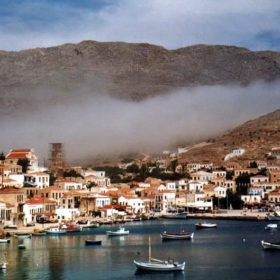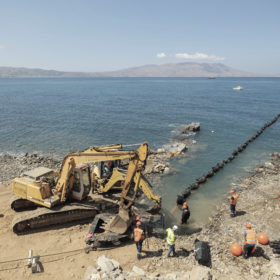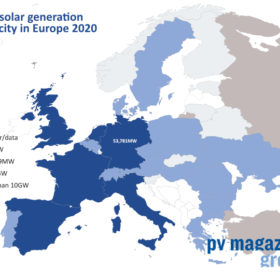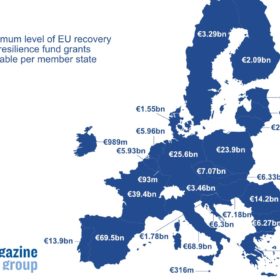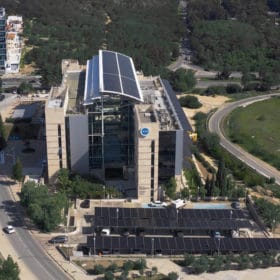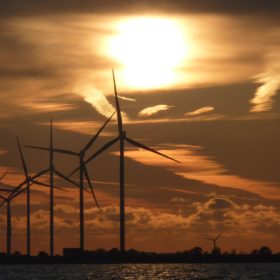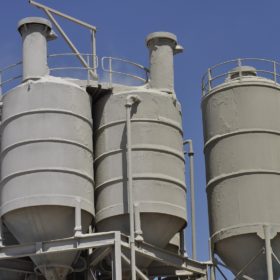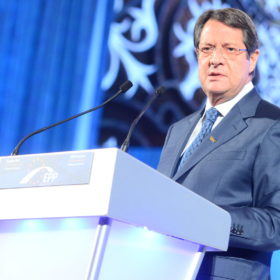Cyprus launches PV, battery funding scheme as Greece turns to gas
Cyprus has launched a new scheme to fund installations of PV arrays and battery systems, with a specific focus on owners of electric vehicles. Greece, meanwhile, has devised a subsidy scheme to support the use of gas for conventional cars.
The weekend read: Super-grid forming in the Mediterranean
Electricity generation in the Middle East and Africa could soon support the development of an interconnection between Greece, Cyprus, Israel and Egypt. Ilias Tsagas examines the landscape for this infrastructure mega-project, and the possible benefits for solar.
Solar the fastest growing European clean power source
The latest numbers released by EU data body Eurostat indicate renewables, including hydropower, contributed 37% of Europe’s gross electricity consumption in 2020, up from 34% a year earlier.
EU to start auctioning green bonds next month
An independent third-party has approved the European Commission’s safeguards to ensure the projects in member states financed by €250 billion of green bonds over the next five years, will have genuine emission reduction credentials.
Lack of policy hampers energy storage in Cyprus
Although the government last month started offering purchase incentives for residential batteries, a net metering regime which is in place for solar households means there is little to prompt PV owners to splash out more on storage.
Greece, Cyprus and Israel take a further step to link their grids
The three Mediterranean countries of Greece, Cyprus and Israel signed this week an agreement to develop a subsea cable that links their electricity grids. Upon completion, the so-called EuroAsia Interconnector will be the world’s longest subsea power cable and could boost solar PV development in all three countries substantially.
Unified methodology for PV data processing, quality verification
International researchers have developed data quality routines to ensure data fidelity in O&M practices. They reconstructed invalid data through a sequence of filtering stages and inference techniques.
Cyprus’ largest PV park is operating subsidy-free
The 8 MW facility has been developed by a cement producer to supply around 10% of the annual electricity needs of its nearby factory. Under subsidy-free rules, the power will be bought by the Electricity Authority of Cyprus for the average price it would have paid if the electricity had come from fossil fuels.
Cyprus seeks land for solar parks
The Electricity Authority of Cyprus has issued a public call to select landowners to lease space for the development of large-scale solar projects.
Cyprus installs largest rooftop PV under net billing program
The 2.5 MW array will operate under a payment system which guarantees grid operators will not be left out of pocket.
